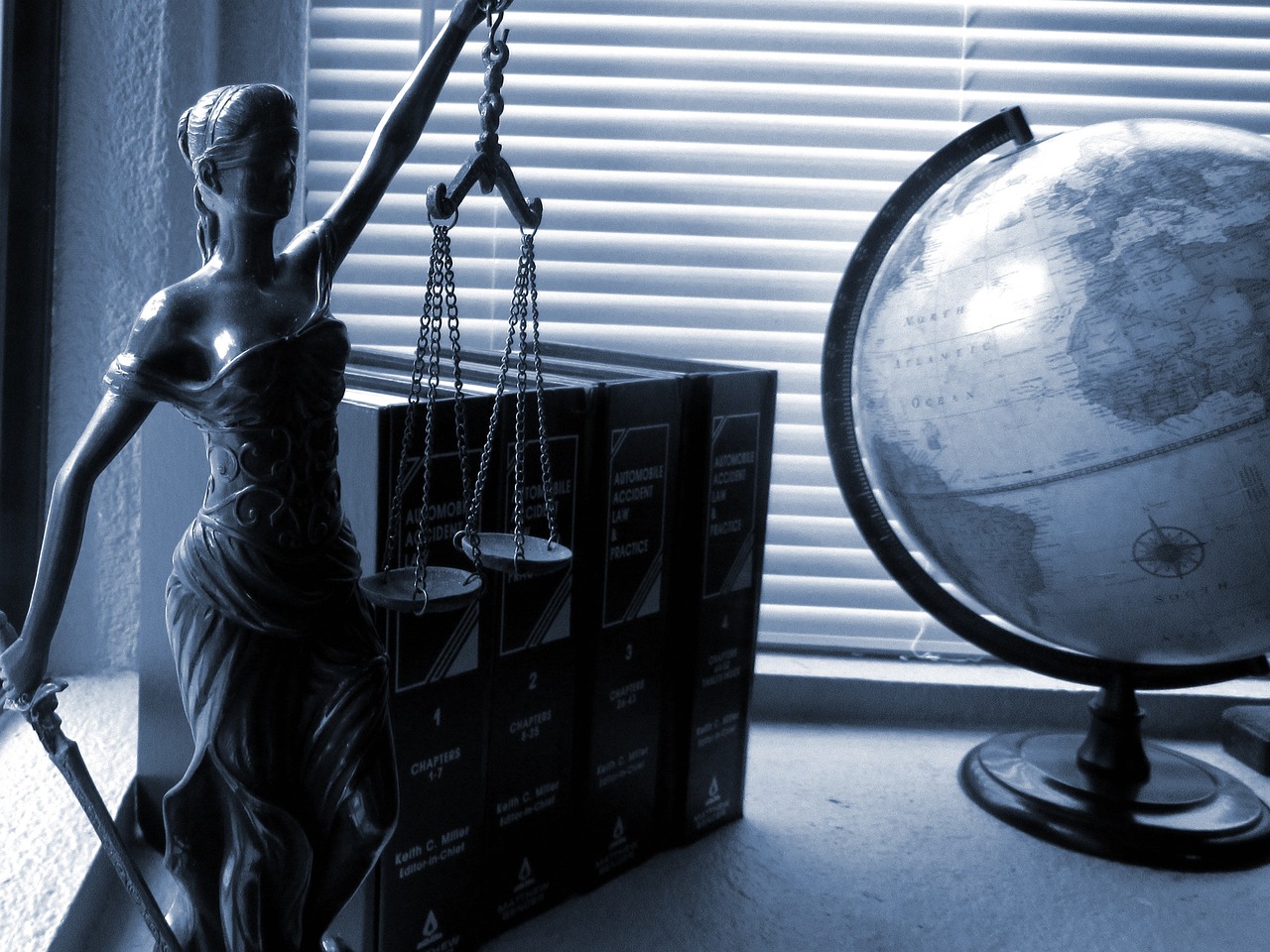Illinois Supreme Court Overturns Jussie Smollett Conviction
In a surprising turn of events, the Illinois Supreme Court has annulled the conviction of actor Jussie Smollett, who faced accusations of orchestrating a hate crime against himself in Chicago in 2019. This decision has reignited debates about the justice system and the implications of public interest in high-profile cases.
Background of the Case
In 2021, Smollett was found guilty on five counts of disorderly conduct for allegedly staging a racist and homophobic attack. He claimed that two men assaulted him while shouting racial slurs and placing a noose around his neck. However, testimony from these individuals revealed that Smollett had allegedly paid them $3,500 to carry out the hoax.
Following his conviction, Smollett received a sentence of 150 days in jail but only served six days before being released pending an appeal. His legal team argued that he should not have been charged by a special prosecutor after the Cook County State Attorney’s Office had previously dropped the charges in exchange for community service.
The state Supreme Court sided with Smollett’s defense, asserting that it would be fundamentally unjust for the state to ignore agreements made during legal proceedings where individuals had relied on those agreements.
This ruling prompted significant backlash from various public figures. Chicago Mayor Rahm Emanuel expressed his disappointment, stating that Smollett was granted leniency without facing accountability for what he deemed “moral and ethical wrongs.”
Implications of the Ruling
The court acknowledged the public interest surrounding this case, particularly given its controversial history. They noted that many viewed the original resolution as unjust but emphasized that honoring judicial agreements is paramount to ensuring trust in the legal system.
During his trial, prosecutors posited that Smollett staged the attack due to dissatisfaction with a television studio’s handling of hate mail he had received. Conversely, Smollett maintained his stance as a victim of a genuine hate crime despite evidence suggesting otherwise.
As this case continues to unfold, it raises questions about accountability and justice in celebrity-driven narratives. The court’s decision serves as a reminder of the complexities within legal frameworks and how they can be influenced by public sentiment.
As discussions about this ruling progress, it remains crucial to examine not just its immediate effects but also its broader implications on future cases involving public figures and allegations of misconduct in society.


